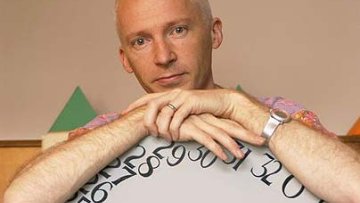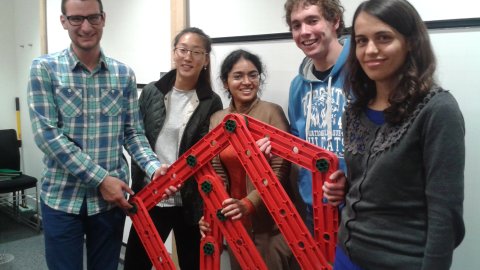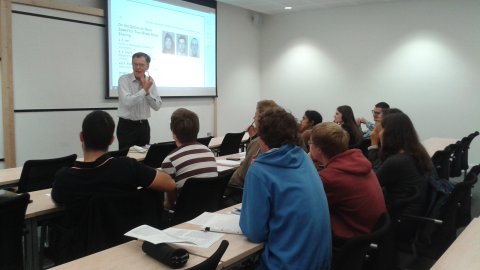12:30
The Banach-Tarski paradox
Abstract
The Banach-Tarski paradox is a celebrated result showing that, using the axiom of choice, it is possible to deconstruct a ball into finitely many pieces that may be rearranged to build two copies of that ball. In this seminar we will sketch the proof of the paradox trying to emphasize the key ideas.




